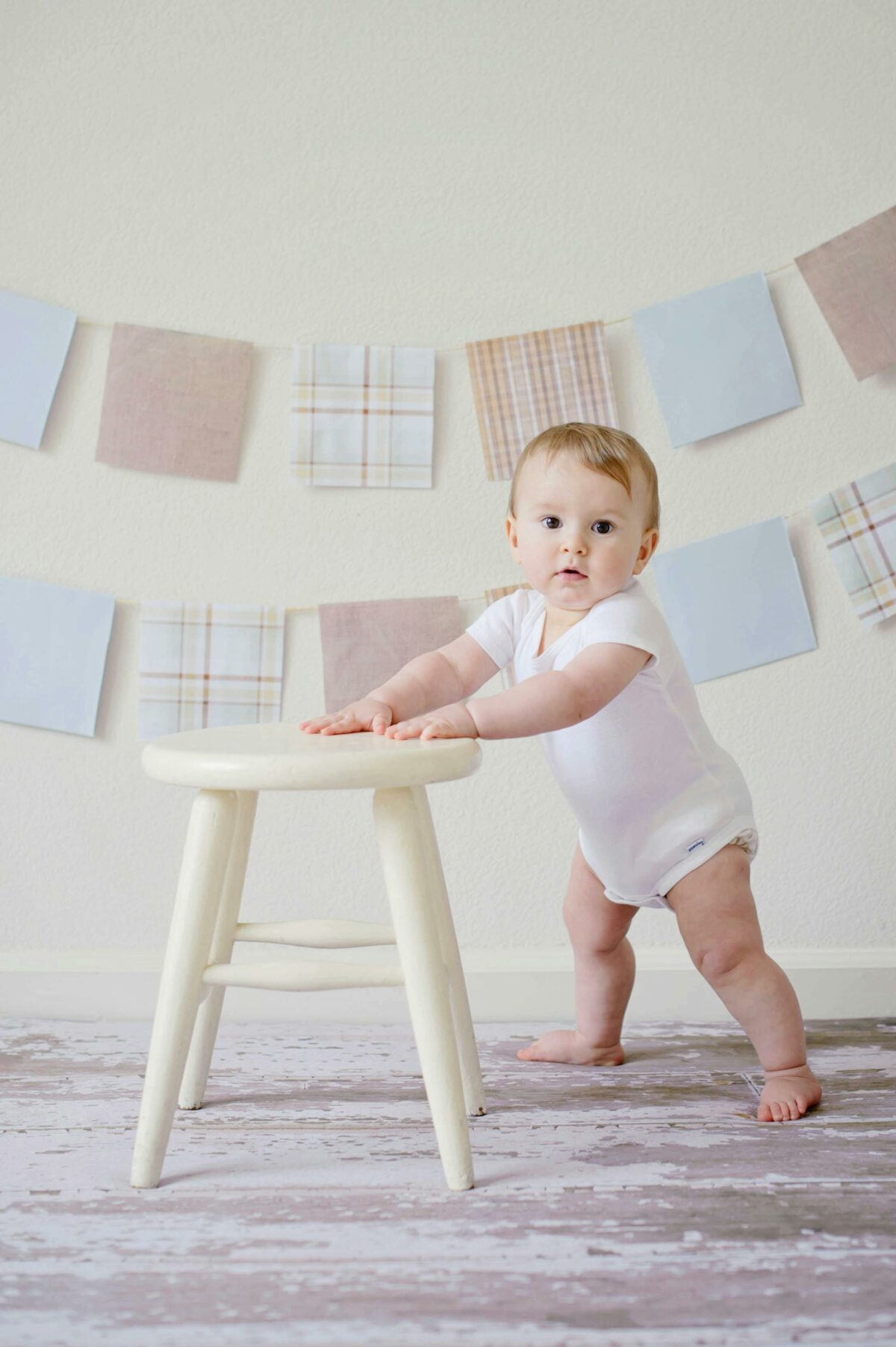Your baby will undergo many changes during their first year of life. Developmentally, they will change the most during their first three months. However, you will likely see many changes as your baby grows from a newborn to a toddler, develops a personality of their own, and learns to communicate with you and the world around you.
This can be a fantastic time to help your child learn and develop, and there are many things you can do to help their development. Babies learn in a manner of different ways and while you don’t need to force them to do things they’re not ready for, all babies will reach their milestones when ready; you can support the natural changes they go through and give them foundations that will serve them well as they progress through childhood.
Talk To Them
Babies learn how to make sounds and talk by watching and listening to those around them. It’s likely you already talk to and sing to your baby now, but every verbal interaction you or anyone else makes with them will help them figure out how to make sounds and develop their speech.
It really doesn’t matter what you say; it’s how you say it, so read them your favourite book, read them children’s books, sing along to the radio, sing nursery rhymes, or generally just talk to them to help them understand the sounds they can make and develop their speech skills.
Respond to Them
When your baby does start doing things for your attention, whether it’s movement or making sounds, respond to them. Mimic the sounds they make, repeat the sounds and noises back to them, and generally encourage them to use what they’re learning to develop their communication, learn how to get your attention, and engage with you. Speech is a powerful communicator, and as your baby learns to make sounds, they will learn that these sounds get a response. You can facilitate the learning of how to communicate effectively, which will develop their communication skills as they get older.
Interact
The more you engage with and interact with your baby, the more they will learn from what you do. It can be handing them toys to hold so they learn how to grip or pick things up; it can be touching objects to make them move or even just moving their own body parts. Remember, they learn by watching you and mimicing what you do. So the more you are able to play and interact verbally and physically, the more they will pick up on and the more skills they can develop as they start to get used to exploring their bodies and the world around them.
Hold Your Baby
Babies naturally want to seek comfort from those they love. Never be afraid to hold your baby and show them you care for them. Even as adults, we often seek out comfort, from touch, and being close to those we love; a hug can be a powerful action. Babies are no different. Show your baby affection, make them feel safe and secure, and comfort them. This, in turn, will help them develop healthy relationships and not be afraid to seek out affection from you when they need it.
Age Appropriate Toys
Babies learn so much from exploring different things and environments. They are very tactile, so having appropriate toys that lean into this natural curiosity and can support them in various ways can be hugely beneficial. From having a little dutch walker to help encourage them to take their first steps or learn how to use their body to move things to using toys to make sounds, turn lights on and generally appeal to their senses, soft toys that make a noise when moved, toys with moveable parts that can be pushed around, buttons to be pressed, parts to be pulled etc. All of these will help to develop their fine motor skills and help them improve balance coordination and bring fun and enjoyment to their lives.
Support Them and Yourself
Babies can be very intuitive and will pick up on signs of stress and reflect this back to you. If you’re caring for yourself, you’ll be in a better place to support them and give them everything they need. This means knowing when to put yourself first and give yourself the time to eat well, hydrate, support your mental health, and generally be the best parent you can be without neglecting what you need. Because if you are stressed and overwhelmed the chances are your baby will feel it too. From here, you can then support your baby as they need it when they need it and help foster a positive relationship that is designed to help you both grow and thrive as you learn more about each other and parenthood.



No comments yet. Be the first one to leave a thought.